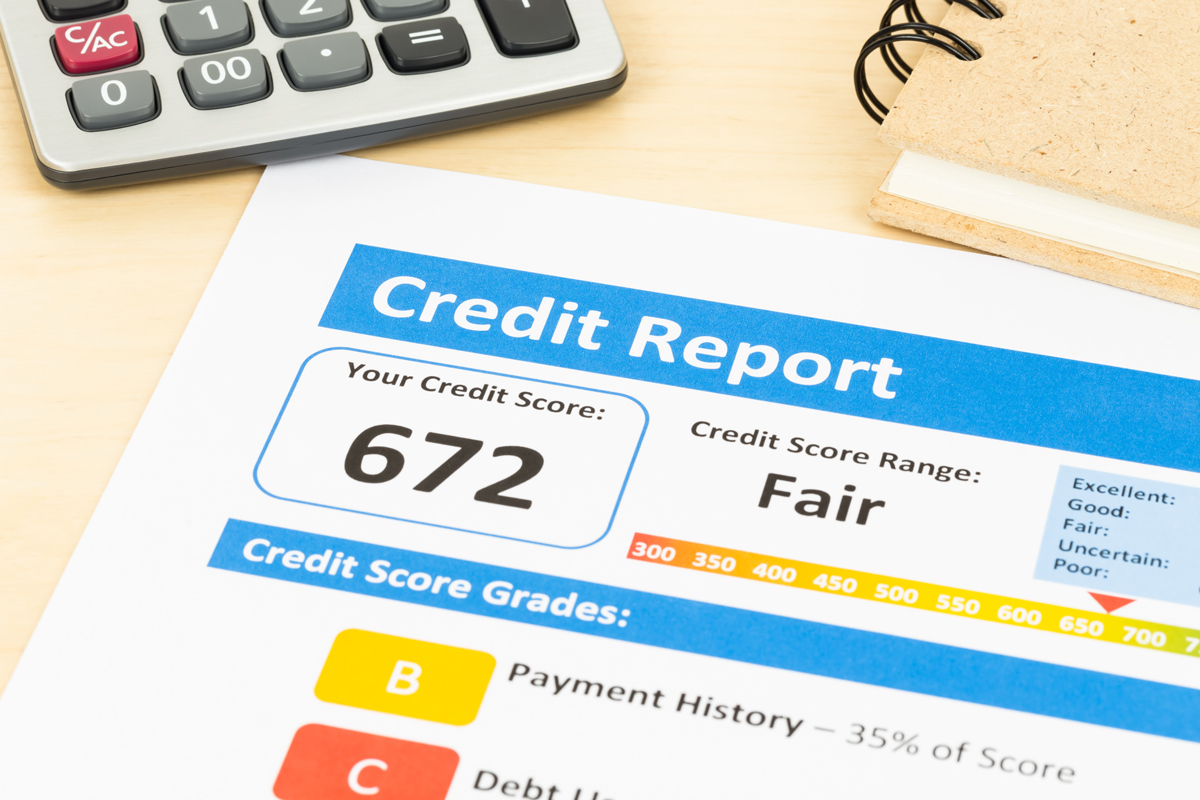Numbers play a big part in our lives. Every day, we are identified or assessed because of age, net worth, or address. For example, Social Security numbers and driver’s license numbers identify us to others, especially government agencies and financial institutions. But there’s another important number – your credit score. While people may not stand around the watercooler bragging about it, you can bet lenders and credit card companies are paying attention. And if you file bankruptcy, your credit score can be affected.
What Does Your Credit Score Mean?
Lenders use it as a sign of your creditworthiness. That’s because your credit score is based on the following information:
- Payment history. Do you pay your debts on time, or are you chronically late?
- Amount owed. Your credit score shows how much you owe in relation to how much credit is available to you. Usually, lenders like to see a credit utilization ratio that’s below 30%.
- Length of credit history. A longer history gives lenders more information about your habits.
- New credit. Lots of new credit inquiries or new loans can negatively affect your credit score.
- Credit mix. A healthy mix of credit cards, personal loans, and other types of credit shows you can manage credit successfully.
Bankruptcy relates directly to your finances. So it should be no surprise that your credit score could take a hit if you file for bankruptcy.
How Bankruptcy Could Affect Your Score
When your debt becomes more than you can handle, bankruptcy might become a reality. You can free yourself from collection calls and potentially save your home. A Chapter 13 bankruptcy allows you to set up a repayment plan that pays at least some of your creditors. Chapter 7 bankruptcies sometimes require debtors to sell valuable assets, but also wipe away much of your debt.
However, bankruptcy comes at a price.
For example, your credit score will be negatively impacted. In fact, a bankruptcy could stay on your credit report for seven to ten years. However, there’s a good chance your credit score was already on a downward trend if you were having trouble paying your bills.
And having a bankruptcy on your credit report does not mean you will never be able to get credit again. It just means that you need to rebuild your credit to show lenders you are no longer a credit risk.
Your Credit Score Is Only One Consideration
Filing for bankruptcy lets the world – including financial institutions – know that you have had trouble managing your debt. However, many people who declare bankruptcy are able to free themselves from overwhelming debt and move on.
Attorney Leslie Craft has the experience you need to deal with bankruptcy. Ms. Craft’s goal is always to help her clients get past their legal problems and get on with their lives.
To schedule a free personal consultation, call Craft Law Office at (252) 752-0297 or email us at lesliecraftlaw@gmail.com. My offices are located in Greenville, Morehead City, and Rocky Mount for your convenience. I also represent clients in surrounding Eastern North Carolina communities, including Warrenton, Elizabeth City, Roanoke Rapids, Goldsboro, and Jacksonville.
Bankruptcy Doesn’t Have to Be a Painful Process.



